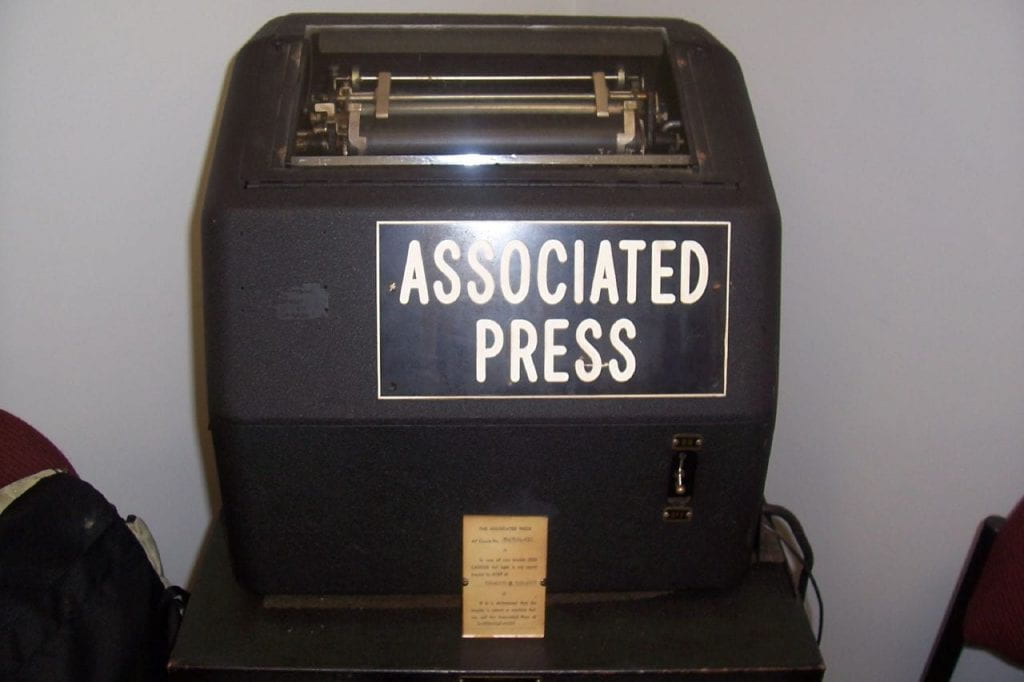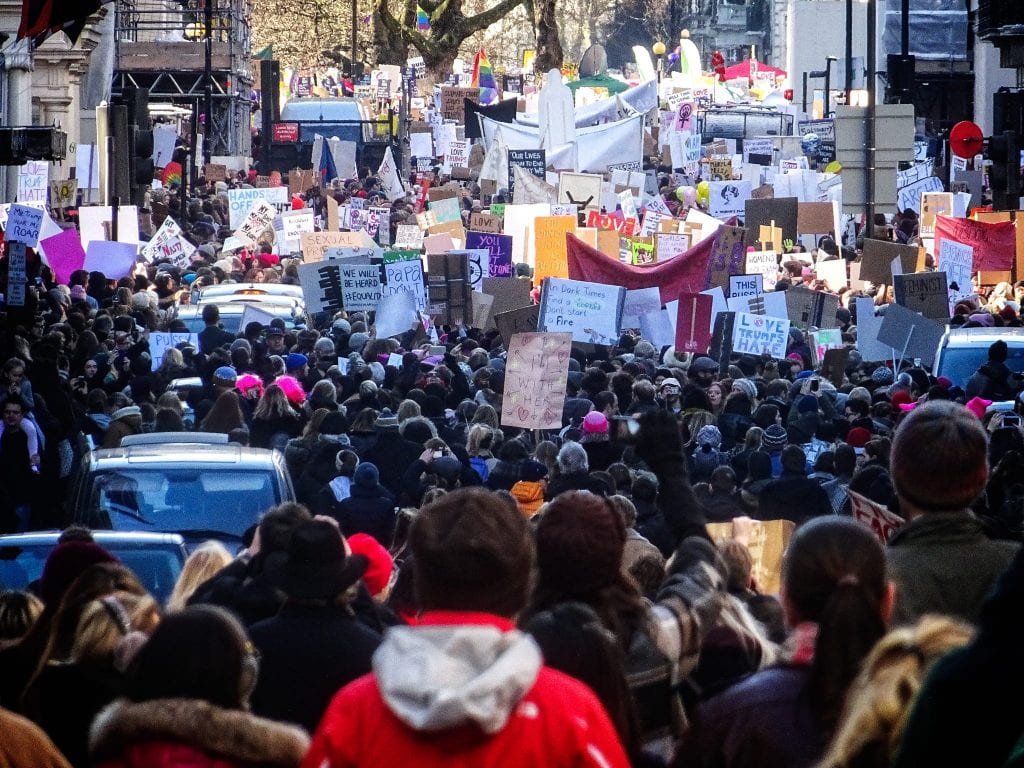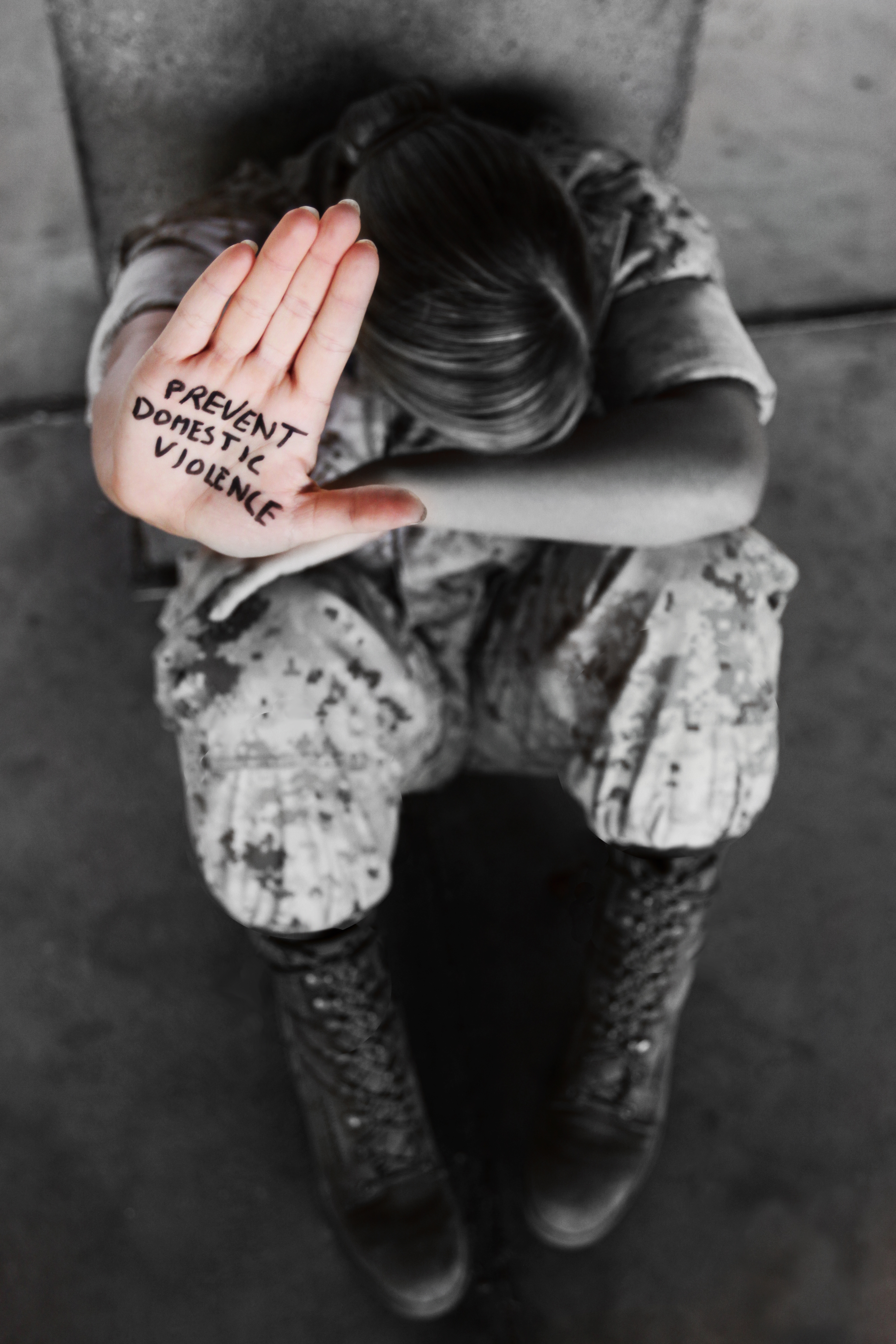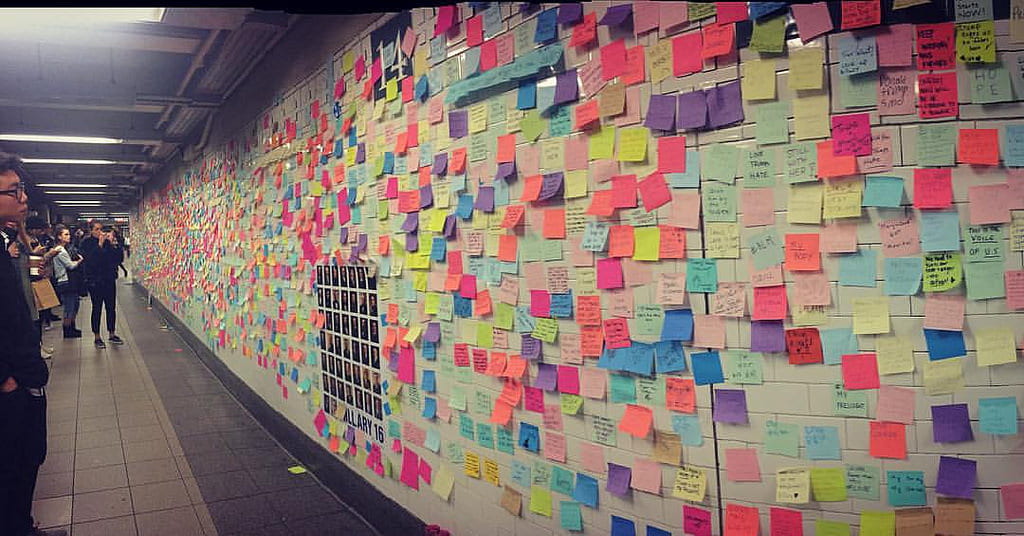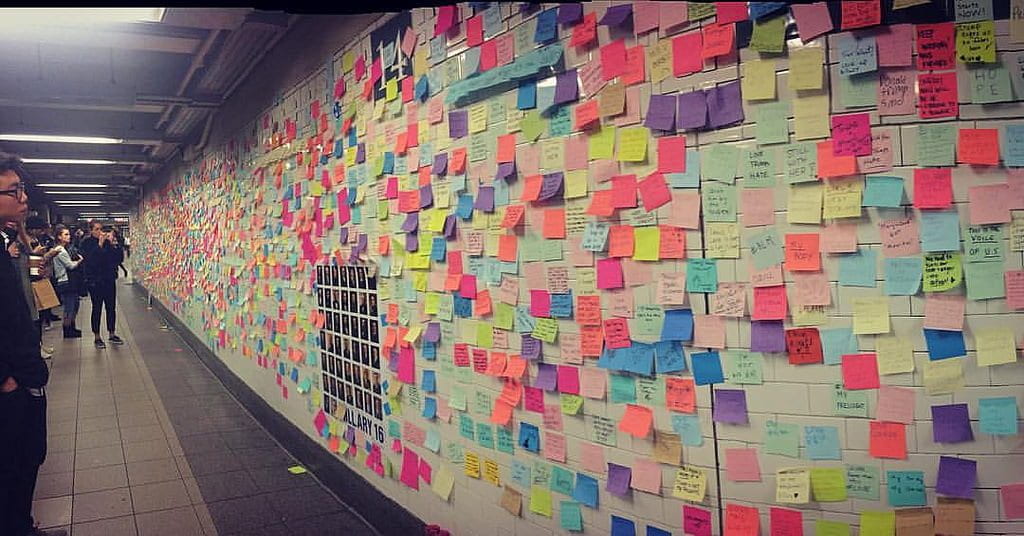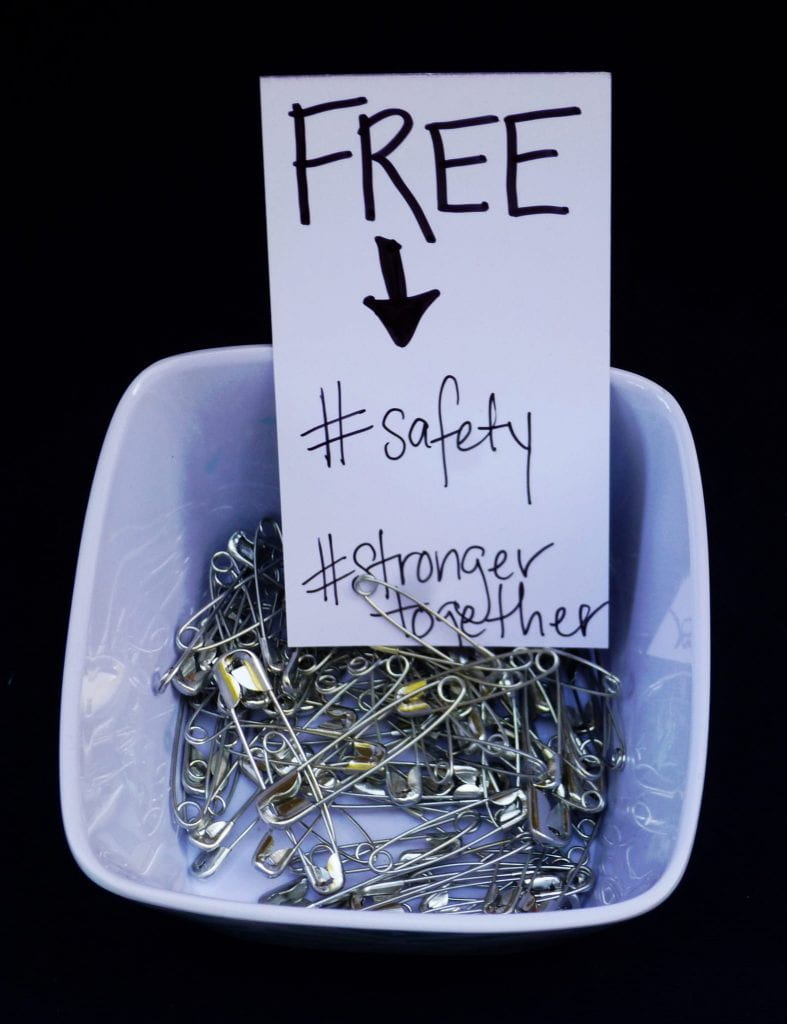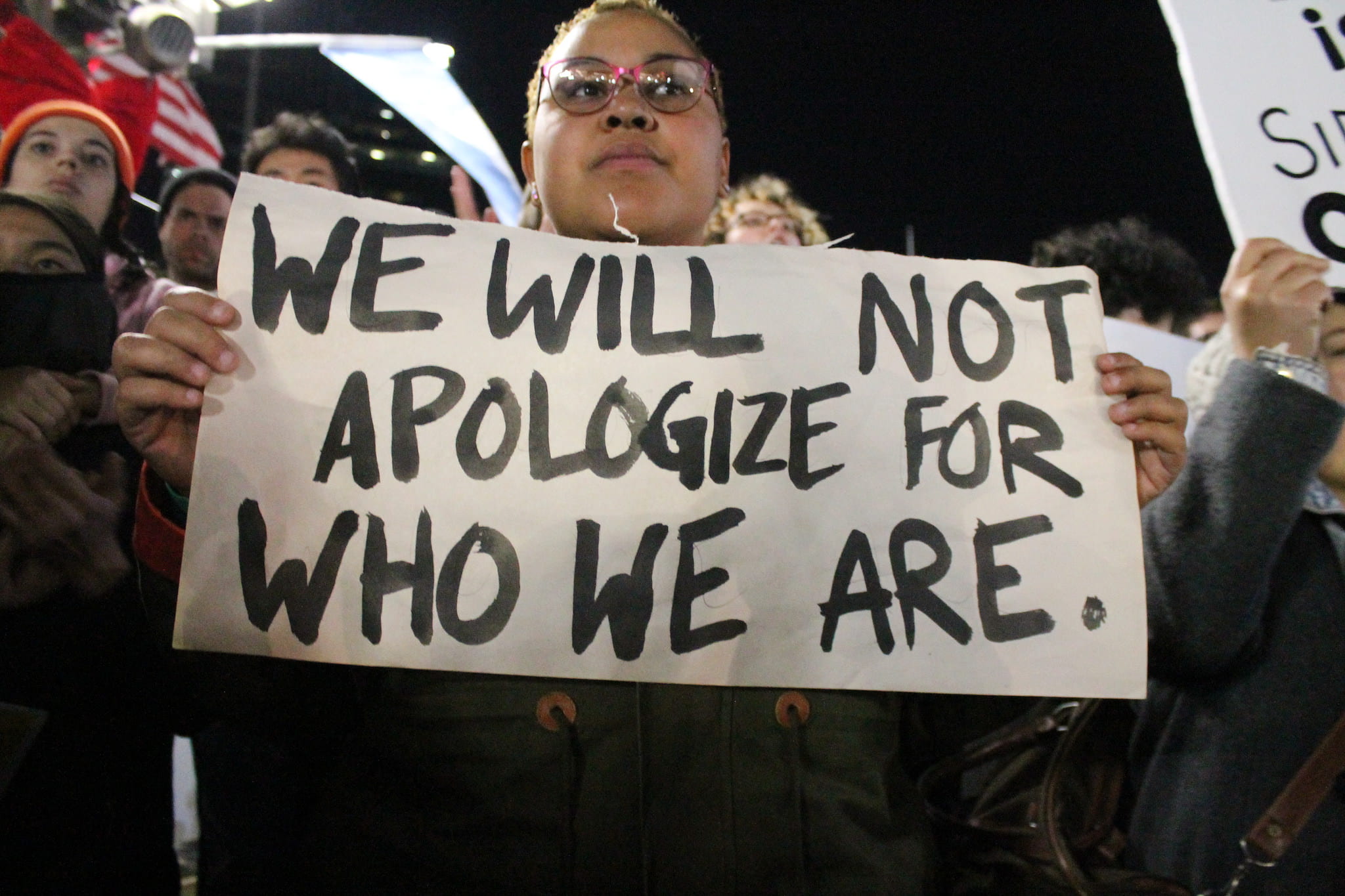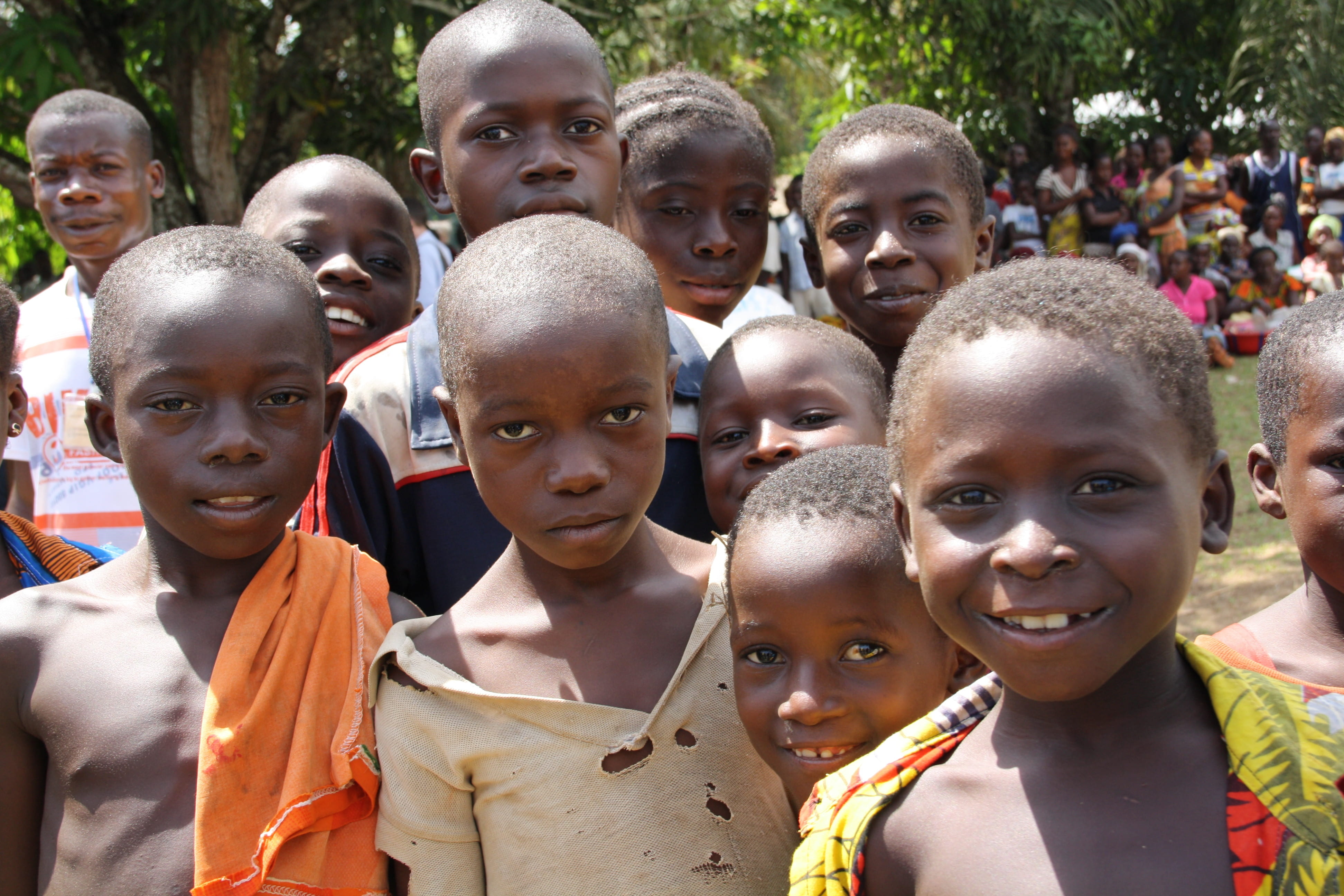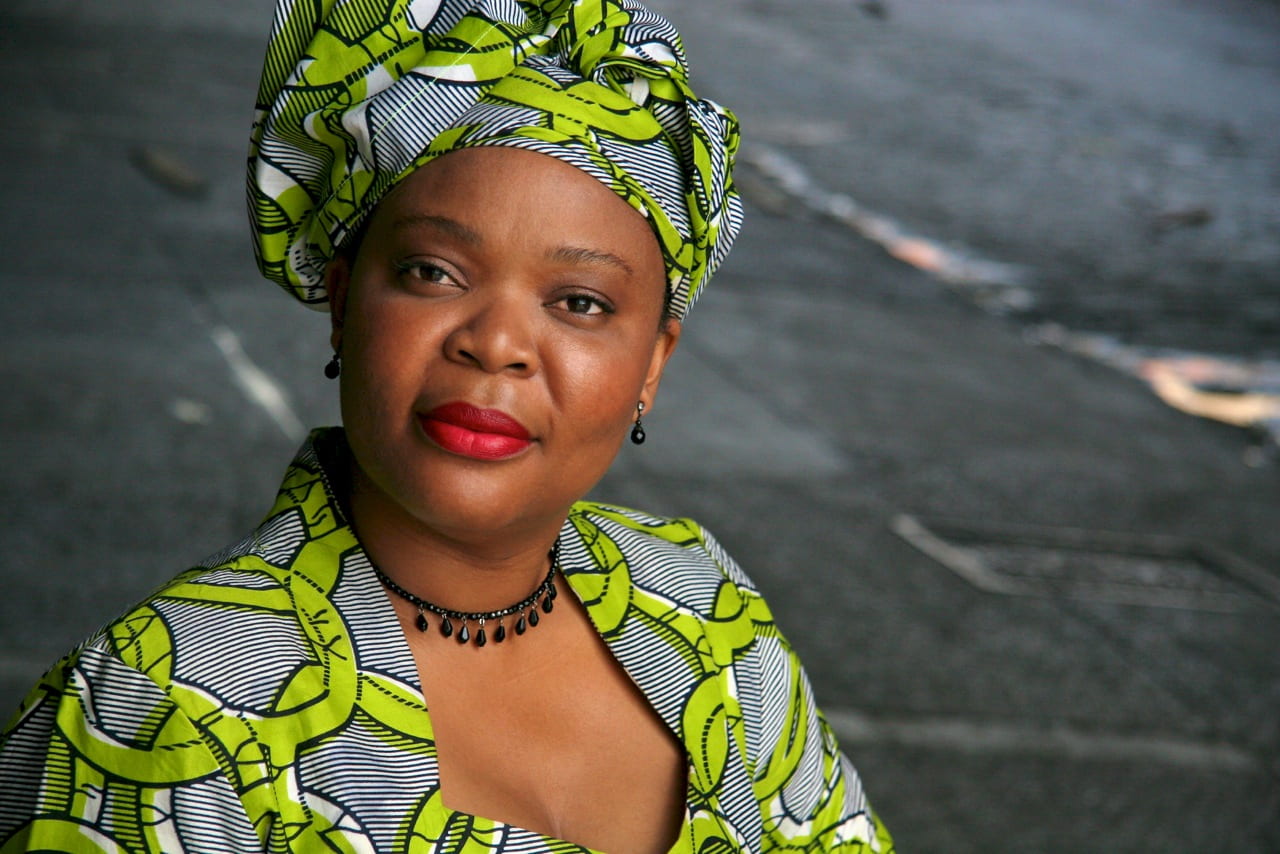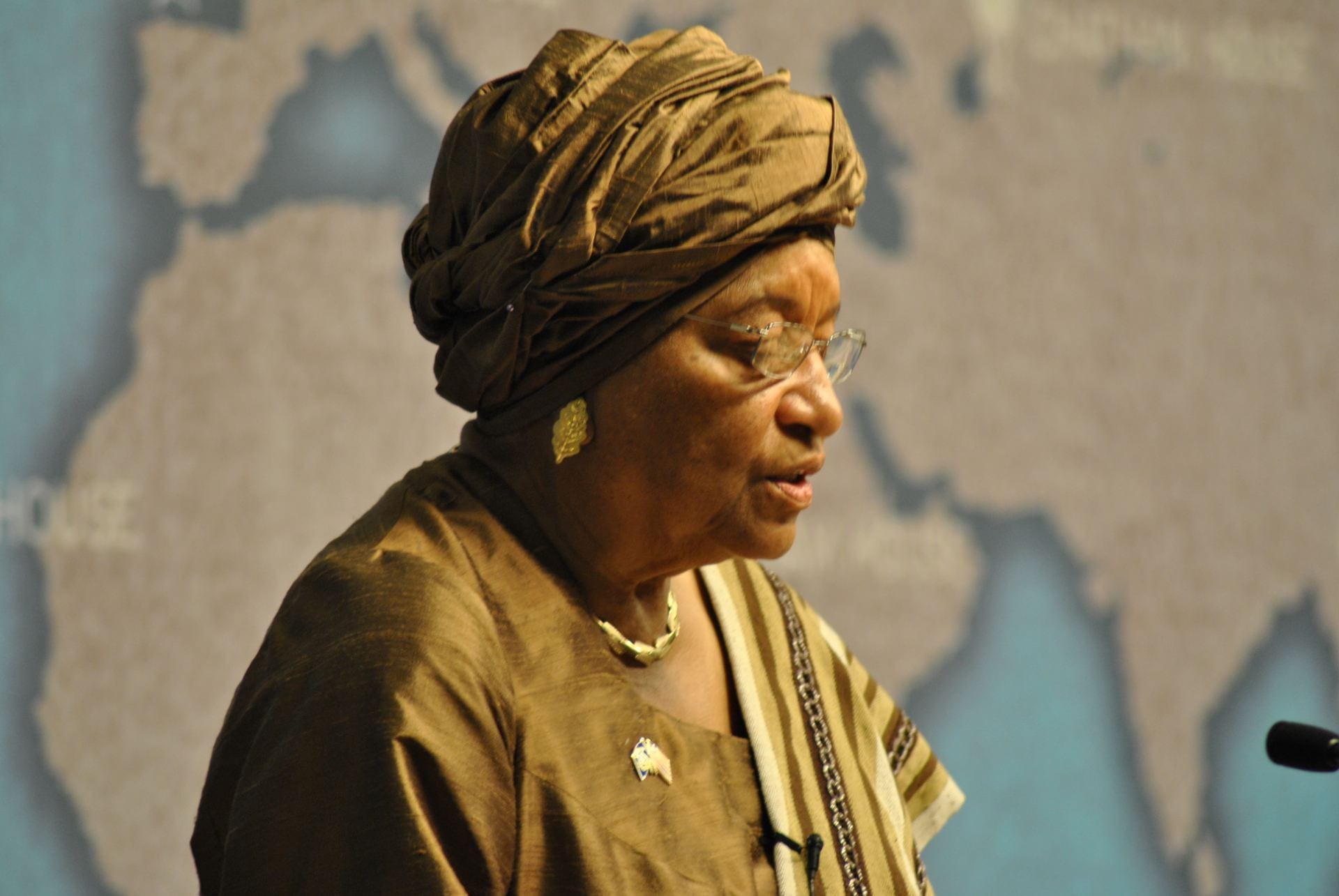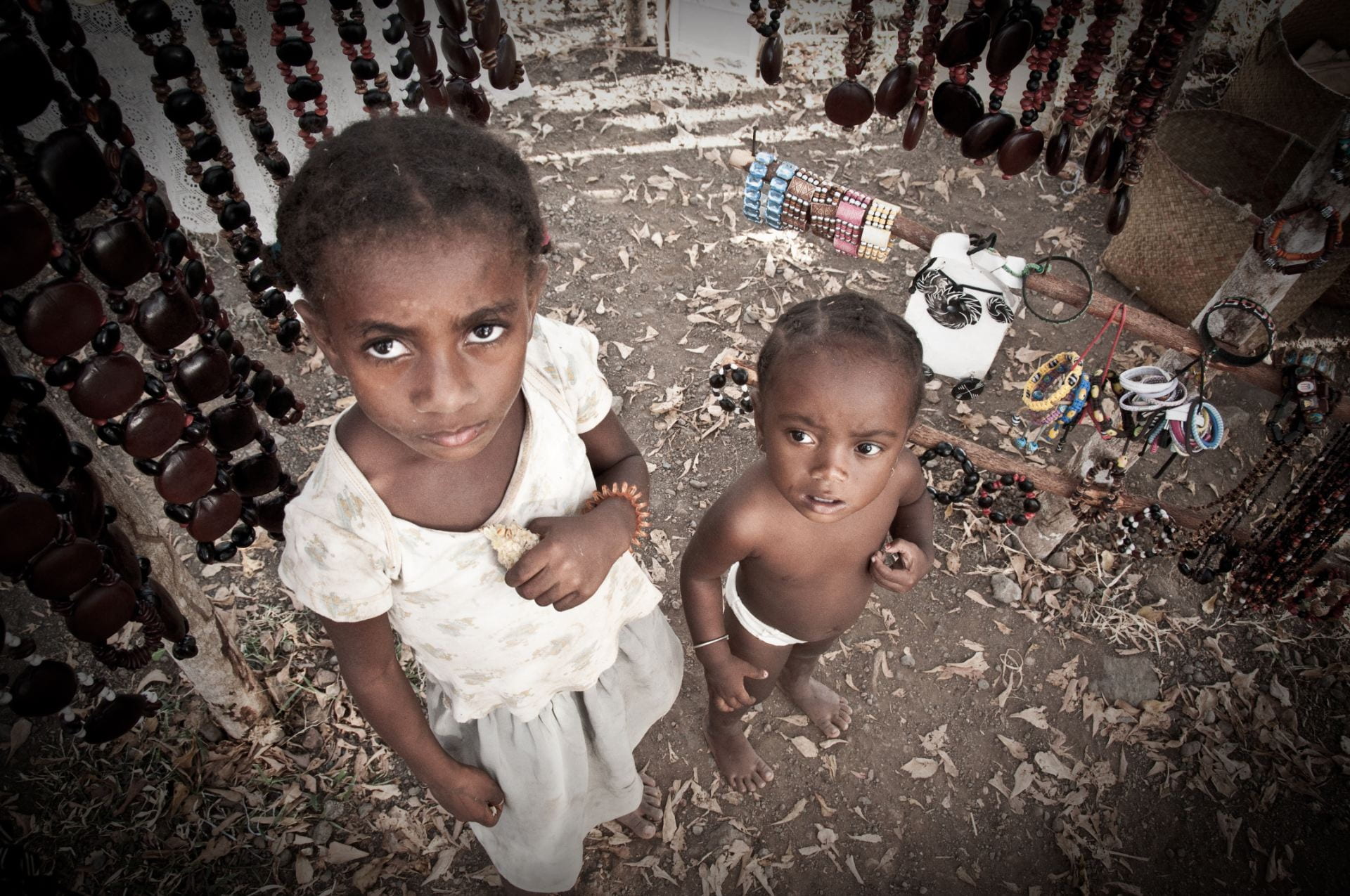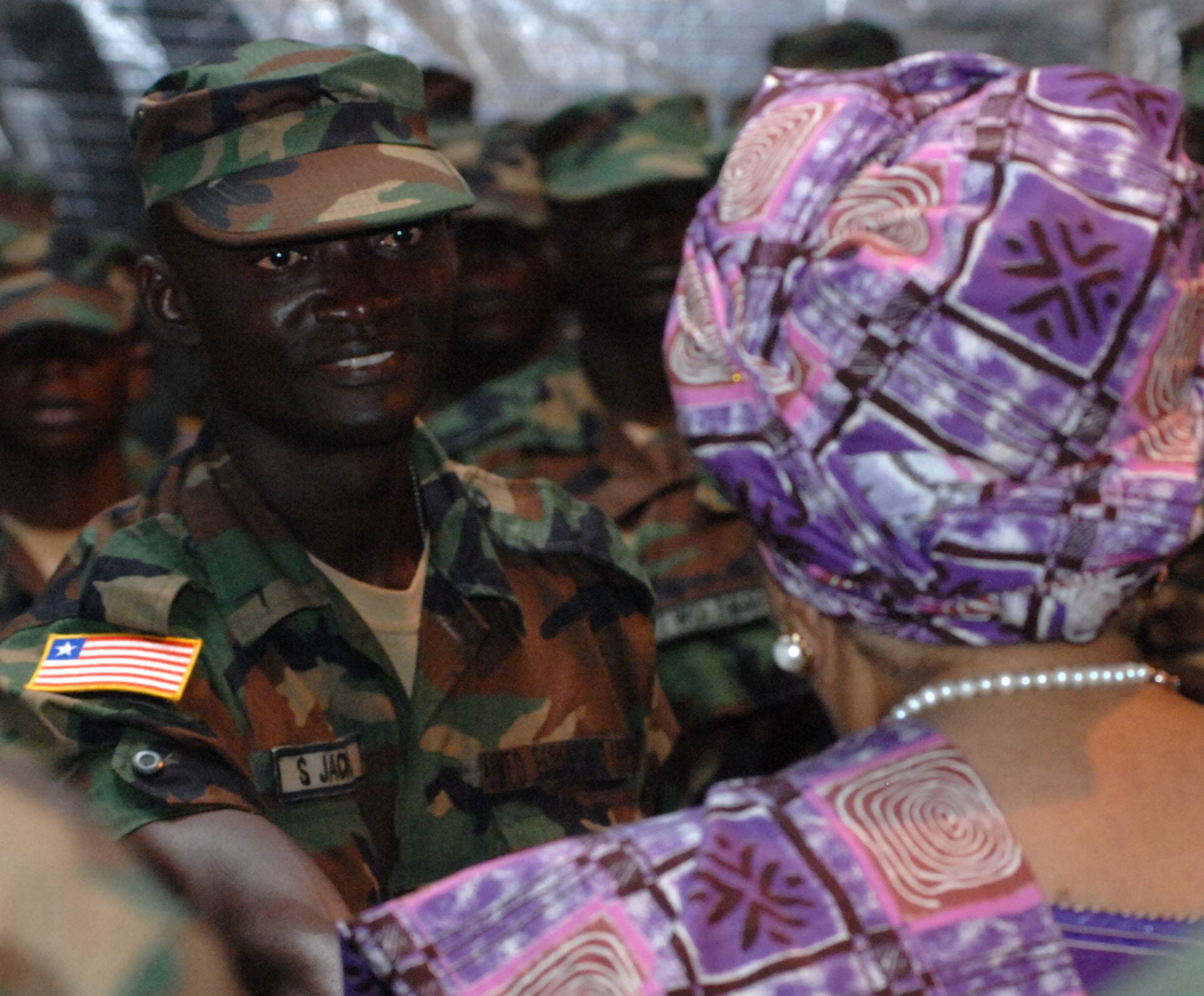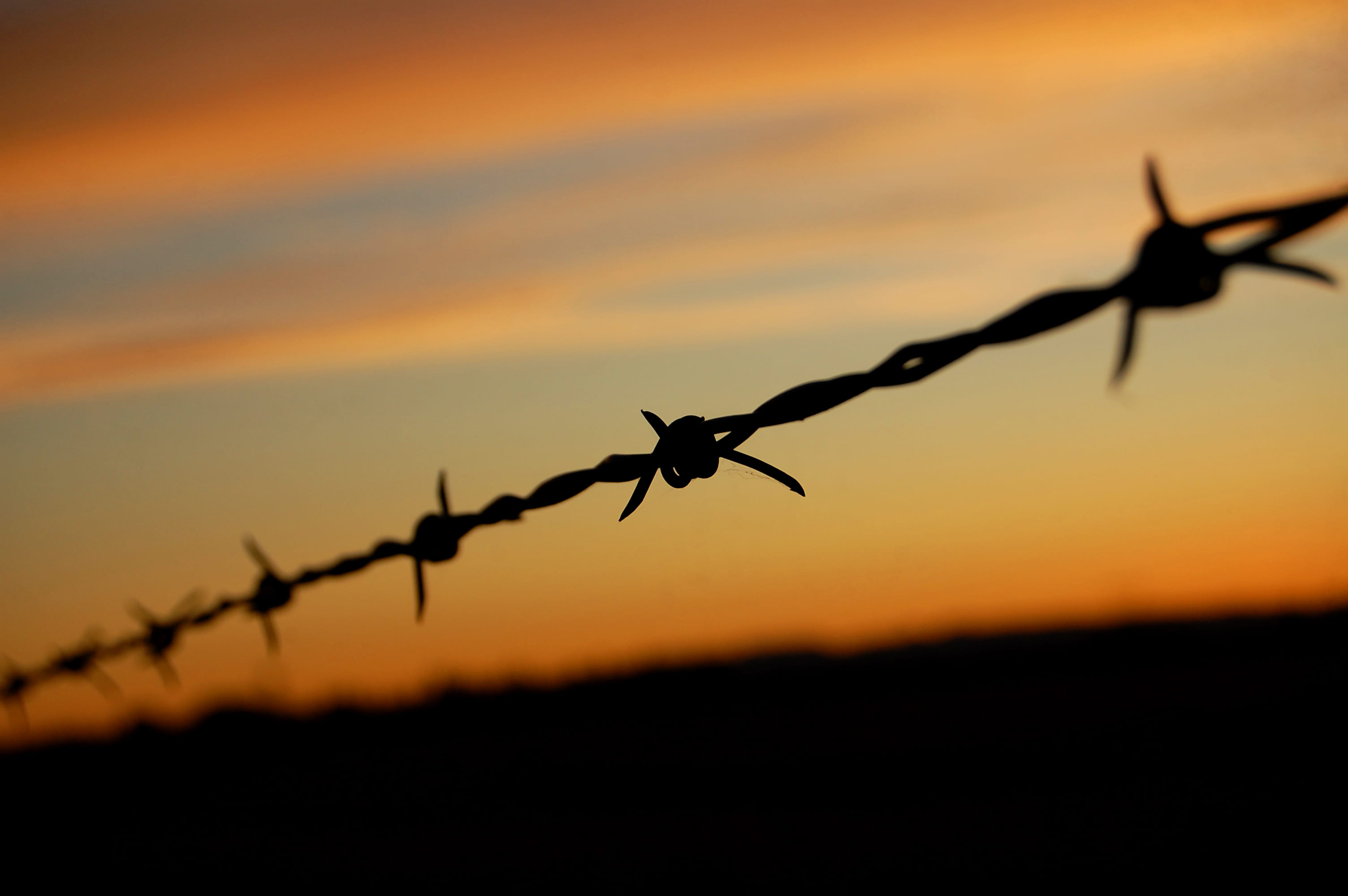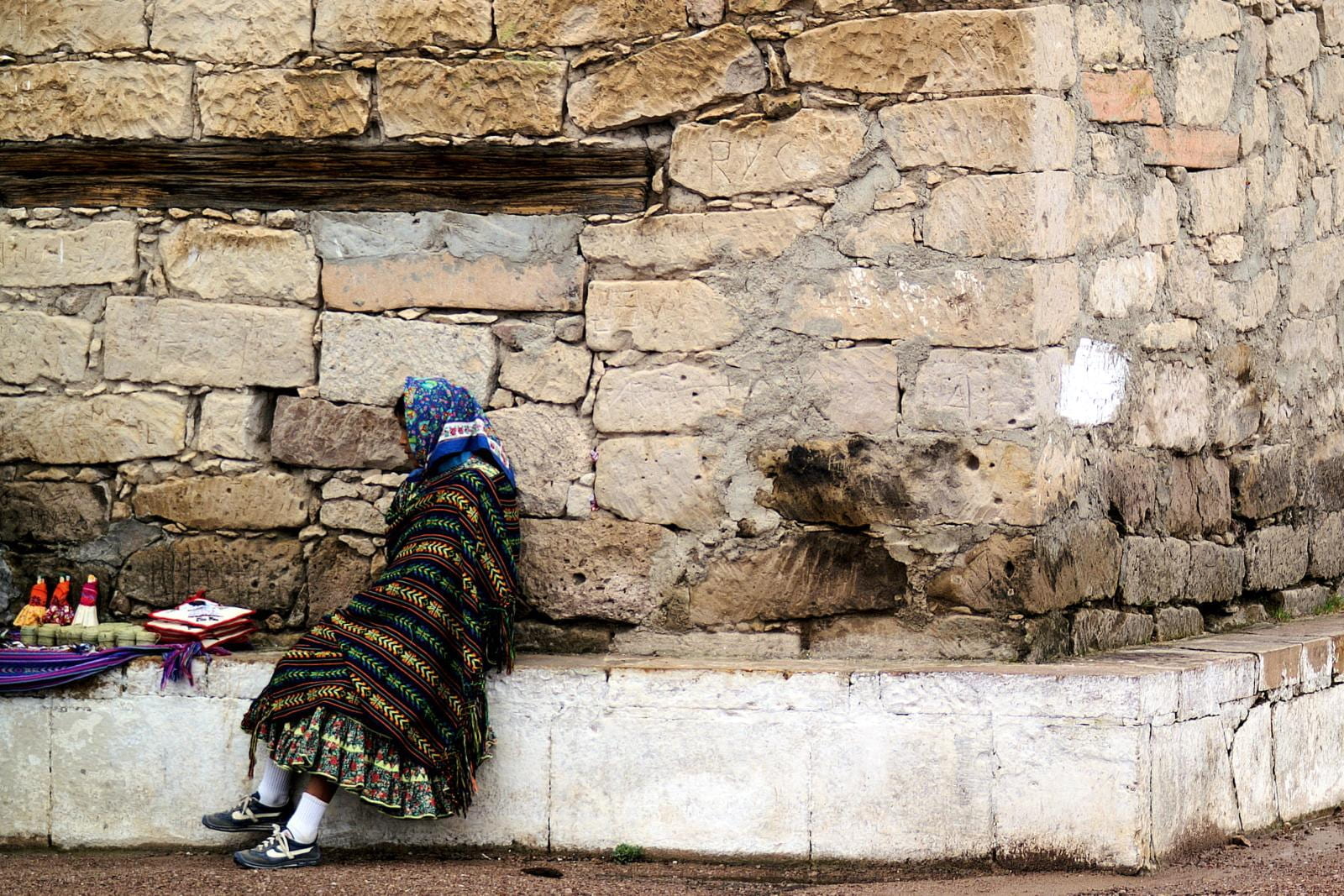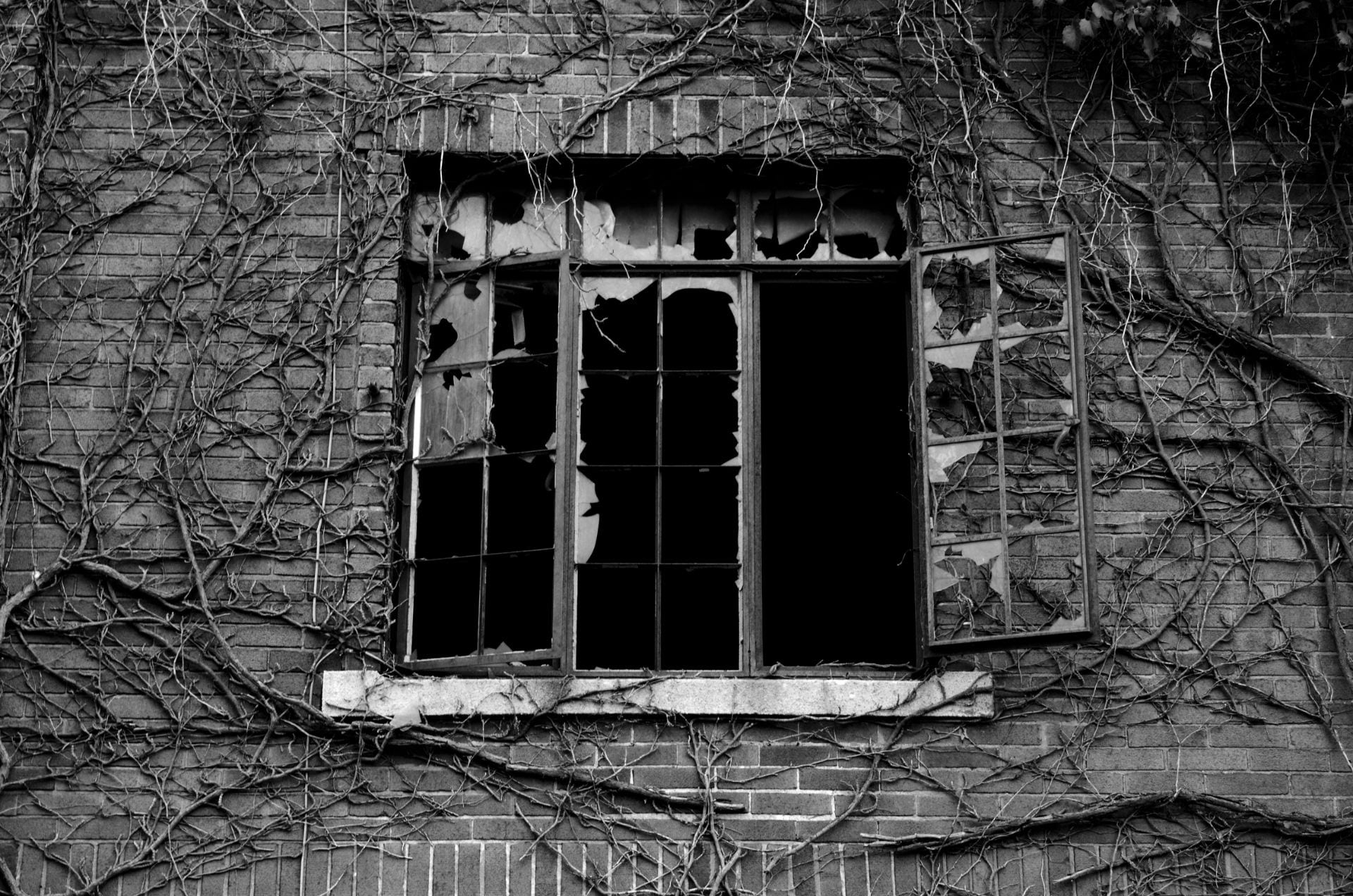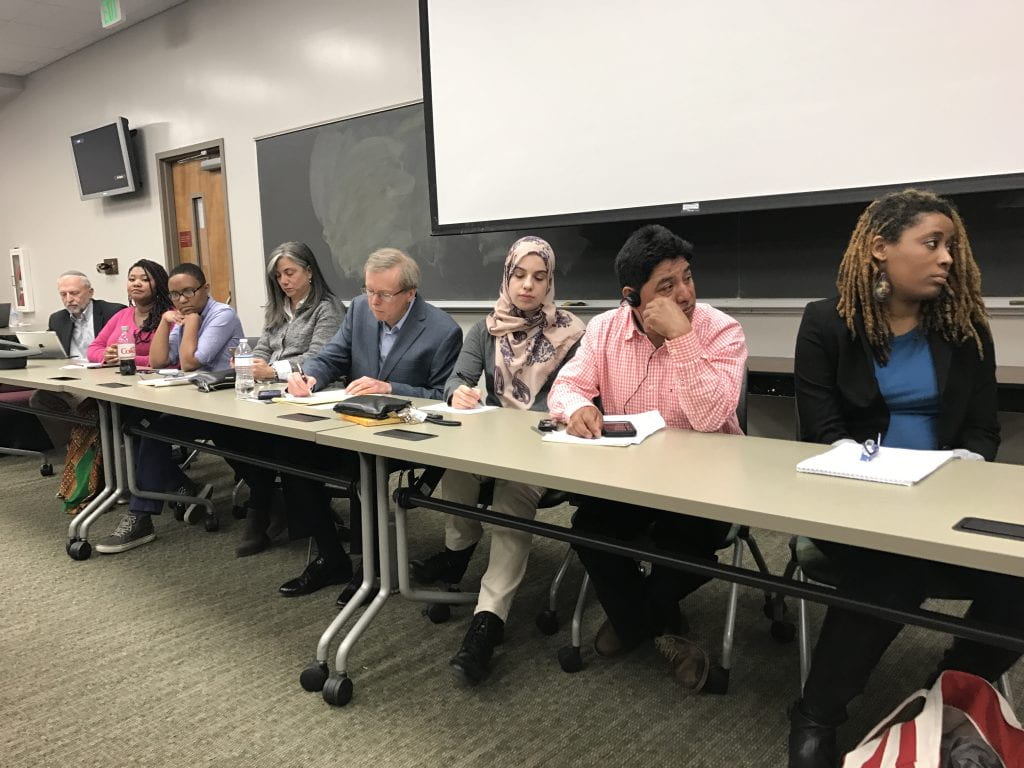
On February 16th, Stand As One Alabama partnered with the University of Alabama at Birmingham (UAB) Institute for Human Rights, and several other organizations to put on an event titled: Empowering Marginalized Voices in Birmingham. The event was held on UAB’s campus, and was live-streamed throughout the world. You can see the event in its entirety here.
“This is to fight hate, tyranny, and fear mongering principles….this is the way forward,”
– speaker Ashfaq Taufique proudly announced as he opened the event.
The event featured nine panelists from marginalized communities: Jillisa Milton, representing the Birmingham Chapter of Black Lives Matter; Angel Aldana, representing the Alabama Coalition for Immigrant Justice; Halah Zein-Sabatto, representing the Birmingham Islamic Society; Dan Kessler, representing Disability Rights and Resources; Isabel Rubio, representing the Hispanic Interest Coalition of Alabama; Lauren Jacobs, the Youth Outreach Chair of the Magic City Acceptance Center, a center devoted to the LGBTQ+ youth of Birmingham; Tai Hicks, president of the National Organization of Women; Rabbi Barry Left, from Temple Beth-El; Reverend Angie Right, of Greater Birmingham Ministries.
The discussion began with the premiere of a film produced by McKenzie Greer, a UAB film student and intern for the Institute for Human Rights, showcasing the struggles of fellow UAB students who are a part of marginalized communities. The emotional video gave a small bit of insight into the pain that those featured in the film have felt and still feel today. Watch the video by Greer here:
[vimeo 204448381 w=640 h=360]
<p><a href=”https://vimeo.com/204448381″>Stand As One Alabama by Kenzie Greer</a> from <a href=”https://vimeo.com/mediastudies”>UAB Media Studies</a> on <a href=”https://vimeo.com”>Vimeo</a>.</p>
“I feel hurt and angry. Hurt by a country that I consider my home, that I now have to prove my loyalty to. Angry that I have to constantly prove my normalcy to other people to prove I am not dangerous.”
“I was scared to get off the bus each morning, and thankful to get back on in the afternoon.”
“Being a part of a marginalized community is a full-time job.”
“She’s pregnant? That’s what she gets for having sex. She must’ve been stupid about it.”
“You have to be the best at whatever you decide to do, because people will automatically think of you as incompetent and unqualified, simply because you’re black.”
“She felt blatantly racially profiled, and that he thought she was a maid.”
“Just because someone is slower at learning and retaining does not mean they are stupid.”
Emotions filled the room as the production came to a close. Prior to the event, the panelists were asked to answer three questions as part of the discussion:
What are the challenges that you and your organization face?
What have you done to adjust those challenges?
How do you see the future if we do stand as one?
“It would be impossible to talk about the challenges we face in four minutes,” Milton said. She further discussed how “We have to challenge our allies all the time,” meaning members of the Black Lives Matter movement must go through greater lengths to rally their allies who do not identify as Black, as it does not affect them. She mentioned how it was difficult to obtain a sense of unity with their allies for this reason. “We are skeptical about other people’s support of our movement as a whole (we don’t typically see the same passion as shown with other movements), but continue to challenge others to address the barriers and to step outside of their comfort zones.”
As Aldana spoke, he described that the Hispanics almost seemed invisible. “With the Alabama Coalition of Immigrant Justice, we would like to work with our allies, so that we can identify ourselves as allies…as an Immigrant, and as a Mexican citizen of Birmingham, we want to protect and defend our identity just as you do.”
Zein-Sabatto proclaimed, “it comes down to systematic hate…Islamophobia is actually a billion-dollar industry…there are people who are assimilating xenophobia.” She explained how she told her family overseas how much she enjoyed America, and how that it is no longer the “rainbows and roses” that she once thought. “We must reclaim our narrative,” she said, reflecting on how one member of the Muslim community is asked by society to represent the 1.6 billion Muslims around the world, losing their individuality. “You will find us with our headscarves and beards in the grocery store, on the streets, as your neighbors, doctors, colleagues, students, and teachers.” Moving forward, she explained that she has hope. “History repeats itself, and it is just repeating itself with another group.”
“If we look over the past hundred years, we see oppression and segregation against people with disabilities,” Kessler began, “while we have seen gains since the passing of the Americans with Disabilities Act (ADA), we still have a long way to go…we still hear such language as ‘cripple’, ‘special’, ‘wheelchair bound’, and ‘handicapped’.” He gave us insight on the challenges the community faces in the workplace: “Unemployment of anyone with disabilities is the highest of any marginalized group in the nation.” Kessler then brought to light the issue of segregation in the education system against those with disabilities, and how there are bills in motion trying to limit their education rights. He also spoke of how the turmoil of the disabled community does not end after their schooling in grade school, he told of the institutional bias in the long-term care services. “Have you ever tried to use Uber?” he asked, as he then put perspective into what is like to be disabled and unable to receive the same services as those who are not, “try being disabled and having an Uber driver have to turn you away because they are ill-equipped.”
Rubio began her answer with a powerful statement: “Discrimination is legalized toward immigrants.” She spoke of the laws against immigrants at the state and federal levels. “Immigration laws are currently weighted to favor immigrants from northern Europe, therefore tacitly enforcing an ideology of white supremacy in the US.” Speaking more on the bias against immigrants, she told us how there are places in Alabama where immigrants cannot get water services. The Hispanic Interest Coalition of Alabama helped to register 1,000 voters this past year, and for that reason among others, Rubio says, “The future is hopeful. There is something going on and we have to do something about it…we can’t stand for where we are now.”
Jacobs, whose organization works specifically with the LGBTQ+ youth at the Magic City Acceptance Center, enlightened us on how the LGBTQ+ youth faces challenges such as being unable to find friendly and competent educators and healthcare providers, and lacking family support. She also educated us on the statistics surrounding the community: “Three in four trans students are not allowed to use the bathroom in Alabama; four in five are not identified properly…The average life expectancy for a trans woman of color is 35 years…Trans students are targeted by peers, family, and teachers.” She implored that we must be the ones who say something if we see something, and that “Standing as one would be a commitment to staying in struggle with each other.”
“Whenever you do anything in your life, your gender is a factor.” Hicks said, as she explained the issues that women face in today’s society. She and her organization, Greater Birmingham National Organization for Women, have been working to achieve social justice for women and other minority groups as well in Birmingham. She spoke on how people think that women in the US have it good compared to other countries, and that they should all just “shut up.” Reflecting back on the marches that happened earlier this year, and earlier in the century, “They have no idea how long we have been fighting,” she said. “You should have the right to raise a child, and feel safe that a government official is not going to gun them down.”
Left began saying , “Speaking on a panel like this to a group of people like this was not something I thought I would be doing in Birmingham.” To relate to the different ethnicities, identities and religions in the room, he said, “The same people who hate Blacks, Mexicans, and Muslims, often hate Jews.” He spoke of how a family recently withdrew their child from his religious school at the Temple Beth-El, in fear of being attacked. “People don’t feel safe anymore.” He gave his history on how he was once evacuated from Iran 38 years ago, saying he felt a connection to refugees. “Many communities feel under attack; anyone who isn’t a straight, white, heterosexual, Christian male, and even they feel threatened by losing their dominance.” He ended on a note to rally the communities in the room: “We are much stronger as one community instead of several separate communities.”
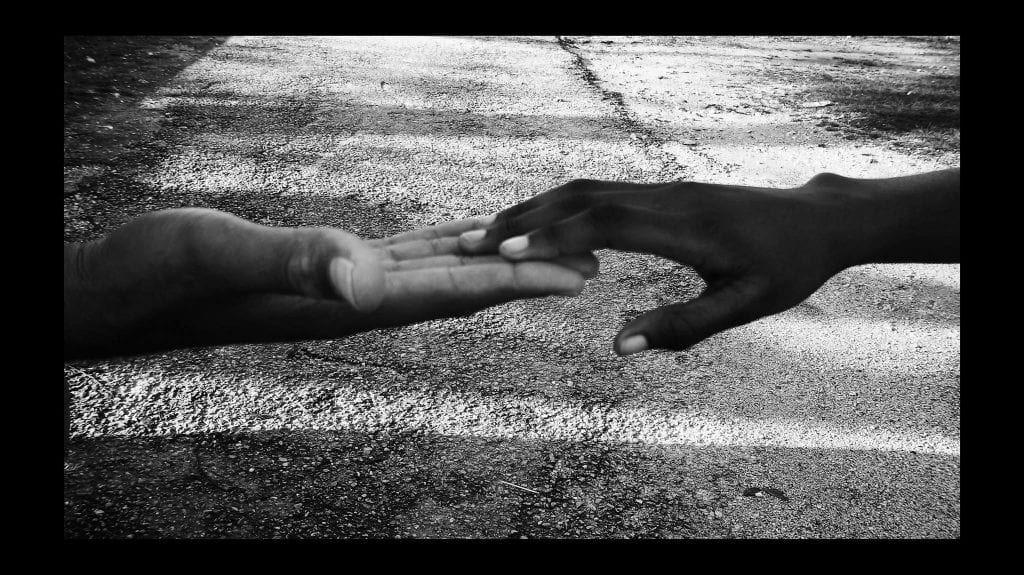
After the panelists gave their written answers, the audience was given the opportunity to ask them their own questions.
- What are the next steps for someone who wants to stand with you?
- Think before you post. There is a lot of fake information out there.
- Build a personal relationship with someone in another marginalized community. Your efforts will go farther when you have a connection.
- If you see something, say something.
- Contact your elected officials.
- Plan for accessibility at each event (contact Disability Rights and Resources to figure out how to accommodate).
- Support immigrant businesses.
- Fund the resistance.
- Educate yourself on human rights. Find out where to go when your rights are violated.
Here are some ways to get involved with the organizations represented at this event:
- If you identify as Black, connect with the Black Lives Matter Chapter of Birmingham on Facebook, or email birminghamblm@gmail.com. If you would like to get involved with Black Lives Matter, but do not identify as Black, SURJE (Showing Up for Racial Justice) meets every month at Beloved Community Church, and you can also connect with them on Facebook.
- The Birmingham Islamic Society is having an open house on February 26th from 2 – 5 at the Hoover Islamic Center. All religions are welcome. You can also email them by going to the “Contact us” page on their website: bisweb.org
- You can contact the ACIJ by going to their website: acij.net, or connect with them on Facebook.
- You can contact the Disabilities Rights and Resources by going to their website: drradvocates.org
- The Magic City Acceptance Center holds Drop-In Hours every Tuesday and Thursday from 3:30pm to 7pm. You can also visit their website: magiccityacceptancecenter.org
- You can connect with the National Organization for Women on their website: org/chapter/greater-birmingham-now/ or on their Facebook.
- The Temple Beth-El’s website is: templebeth-el.net/
- To join the Stand As One text alert for when any Human Rights Issue is threatened at your local or national level, text “STANDASONE” to 313131


